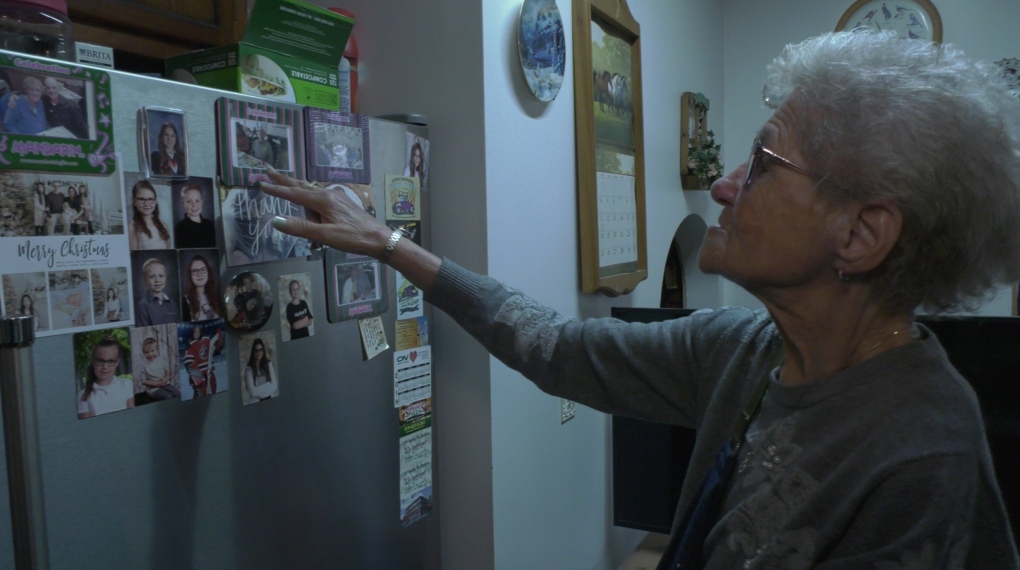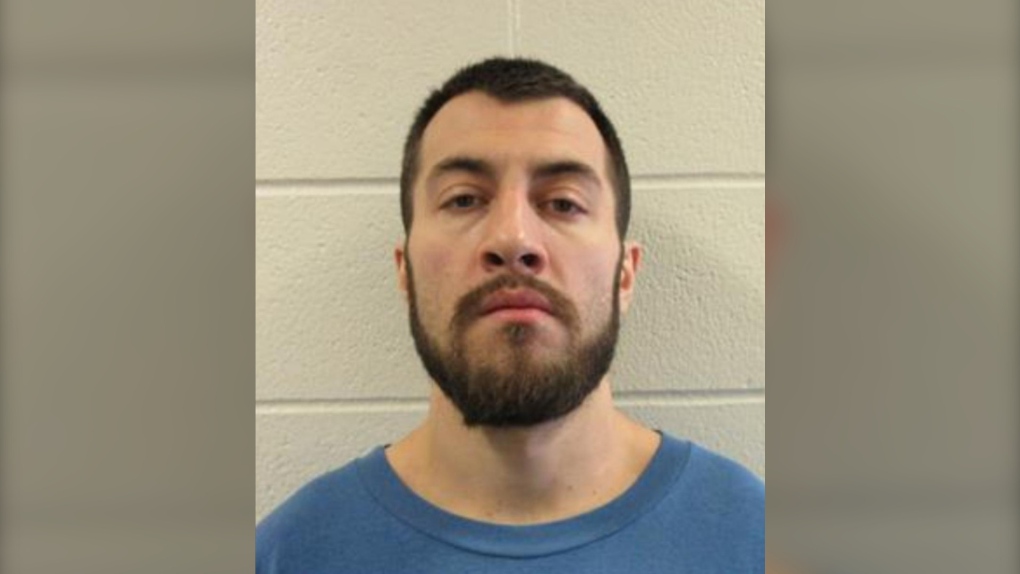Published:
6:00 AM October 29, 2022
A former detective chief inspector has said the police force is on the brink with cop cars being used as “makeshift ambulances”.
Colin Sutton was a senior investigating officer for the Metropolitan Police until 2011 and led more than 30 successful murder investigations.
Speaking at a Mindhunter and Manhunter event at The Forum in Norwich on Thursday night, the former detective – who now lives near Norwich – spoke about the state of policing today.
He highlighted that 130,000 mental-health related cases have been dealt with by the Metropolitan Police in the last five years.
He said: “Police cars are being fitted with defibrillators and also are called when there is a mental health case if the ambulance service is stretched.
“It is a complete mess. I do not know how it will be fixed.”
Colin Sutton is pictured in the centre with Jo Brunt and Steve Gaskin at The Forum for the Mindhunter and Manhunter event
– Credit: Ben Hardy
This is an issue which is also having an impact on policing teams in the Fine City.
Paul Sanford, Norfolk’s chief constable has previously claimed 60pc of police time in the county is taken up by propping up health services – including dealing with mental health patients and ambulance delays.
Mental health was also referenced in a recent His Majesty’s Inspectorate of Constabulary and Fire & Rescue Services (HMICFRS) report.
Norfolk Constabulary was rated as ‘adequate’ for responding to the public but the report said the force should make sure repeat callers and vulnerable victims are routinely identified.
It stated: “In too many cases call handlers aren’t identifying repeat callers and vulnerable victims.
“Our victim service assessment found that checks to see if the call involved a repeat victim were only carried out in 34 out of 45 incidents reviewed.
“This means the callers who are repeat victims of crime may not receive an appropriate approach.”
Police resources are being used for mental health cases in Norwich
– Credit: Denise Bradley
A Norfolk Police spokeswoman said: “The fundamental role of the police service is to keep the public safe and protect them from harm, which will be our primary aim in any situation.
“There are occasions where police officers are transporting ill or injured people to hospital at times when ambulances are not available.
“Equally, officers are spending a growing amount of time with people in distress suffering mental ill health, something which was recognised in our recent HMICFRS inspection report.
“While this ultimately takes officers away from their core duties at a time when our demand is increasing, crime is becoming more complex and resources are stretched.
“Fundamentally the police have a duty to protect life and will be there to help the public when they need it.
“We are working closely with the relevant agencies in efforts to address the issues.”
Mr Sutton contrasted his experience of policing with his son’s current work as a police officer in London.
He told the Norwich audience: “My son’s team covers three boroughs in London. I had more PCs and sergeants than he has and I had half of Islington.
“And we did not have online fraud, Twitter spats and other digital issues to deal with. There were also not as many people back then.”
Former mental health nurse and Norfolk County Council mental health champion, Emma Corlett, said: “Cuts to community and early intervention services has really impacted the police.
Councillor Emma Corlett
– Credit: Archant
“They are too often left to pick up the pieces as the only service who can’t turn someone away.
“Although training for the police in dealing with those in mental distress has improved, the fact is that people with a health need should be seen by a health professional.”
The Norfolk and Suffolk NHS Foundation Trust chose not to comment in response to Mr Sutton’s remarks.
But Stuart Richardson, chief executive of NSFT, previously said: “Mental health is a system-wide issue and we work closely with partner organisations, including the police, to improve the quality of the 24-hour care we all deliver.”
Stuart Richardson, chief executive of NSFT
– Credit: NSFT
The East of England Ambulance Service has been contacted for comment.
https://news.google.com/__i/rss/rd/articles/CBMiZGh0dHBzOi8vd3d3LmV2ZW5pbmduZXdzMjQuY28udWsvbmV3cy9oZWFsdGgvYmVsbGZpZWxkLWRldGVjdGl2ZS1jb2xpbi1zdXR0b24tcG9saWNlLWNvbmNlcm5zLTkzNTAwOTjSAQA?oc=5







